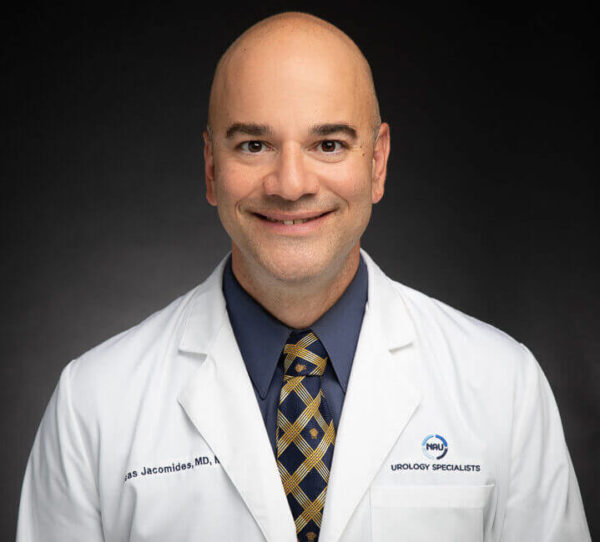
A diagnosis of prostate cancer can be scary, but the fact of the matter is that life goes on—before, during, and after treatment. Thousands of men are diagnosed with prostate cancer each year, and they go on to navigate treatment and move on with their lives. So, if you’ve been diagnosed with this disease, don’t panic. You’ll make it through and be able to resume your life with a low risk of side effects. With our team here at NAU at your back and our cutting-edge treatments, you can rest assured that you’re receiving the best care available for this condition.
Based on our years of working with prostate cancer patients, here’s what you can expect your life to look like after treatment:
Follow-Up Care
The best thing you can do for your ongoing health after treatment for prostate cancer is to stay on top of your follow-up care. This means making (and attending) all the right appointments, getting the recommended testing, and keeping an eye out for symptoms of reoccurrence. The recommending follow-up appointments will likely include blood tests and scans at regular intervals, just to make sure you’re staying cancer-free.
Healthier Habits
Men who improve their physical health are less likely to run the risk of cancer reoccurrence. After treatment, it may be wise to evaluate your habits and consider making changes like eating healthier, quitting smoking, and exercising regularly. Hey, you were going to start eating more salads anyway… right?
Sexual Health
While some men who undergo treatment for prostate cancer experience ED afterward, the chances of this are much lower with our HIFU treatment. If side effects do occur, they are often short-lived, last only for a few months, and can be addressed with help from your healthcare provider. You should expect relatively few changes to your sex life after your body has had time to heal from treatment.
Community Support
As you go through this treatment process and then attend your follow-up appointments, you may feel totally alone. But with an estimated 174,650 men in the United States diagnosed with prostate cancer in 2019, that’s certainly not the case. Many men find it encouraging and useful to seek out a support group in their area, where prostate cancer patients and survivors share their stories. If you seek out a support group like this, one of the biggest long-term changes that you’ll make is acquiring a group of new friends!
That’s a relatively short list of life changes, don’t you think? For the most part, men who have been successfully treated for prostate cancer here at NAU are able to resume their lives as normal after the treatment. While it’s natural to have concerns, rest assured that the risks associated with properly treated prostate cancer are very low. If you have any further questions regarding HIFU, prostate cancer, or other conditions, please contact us and we’ll connect you with the answers and resources you need.














